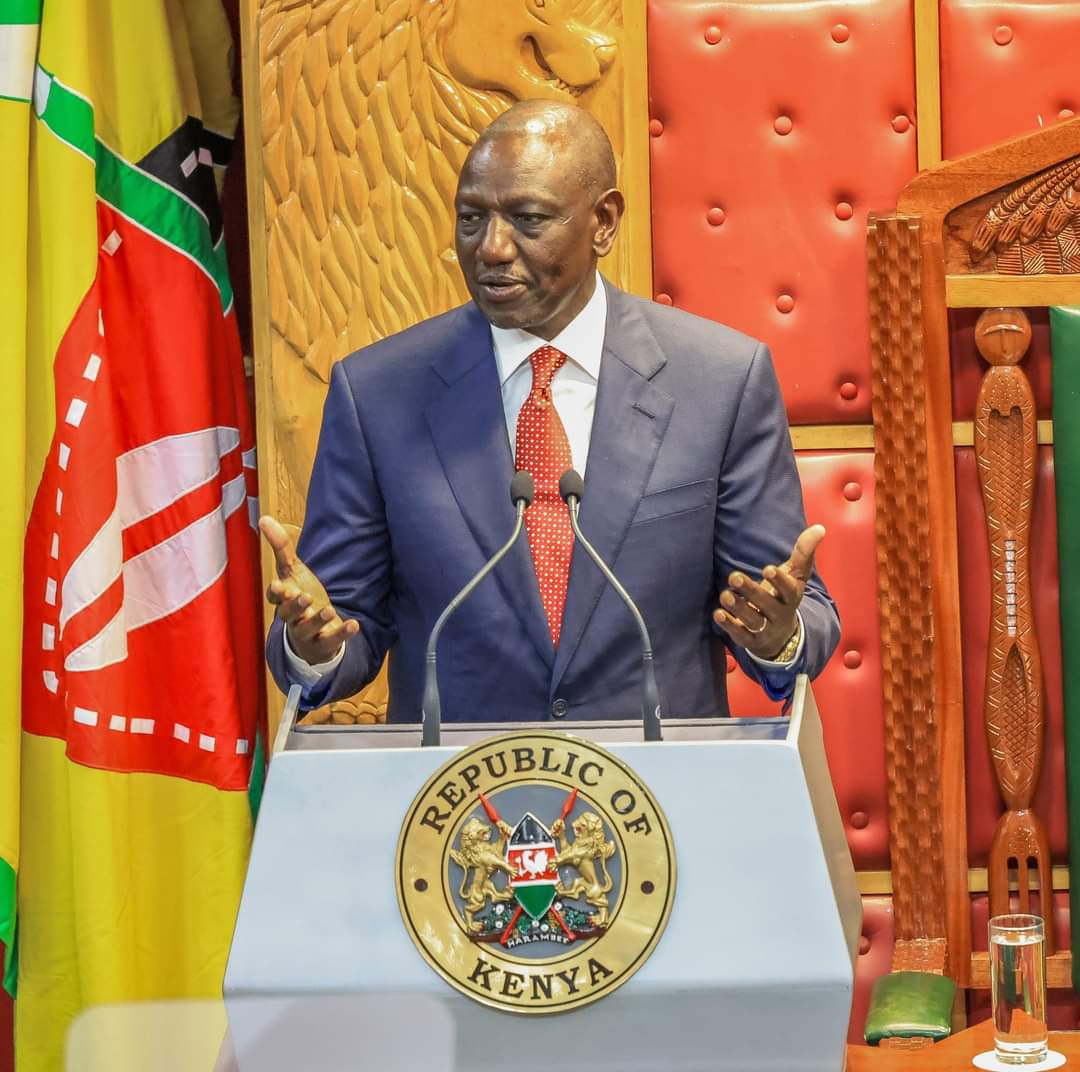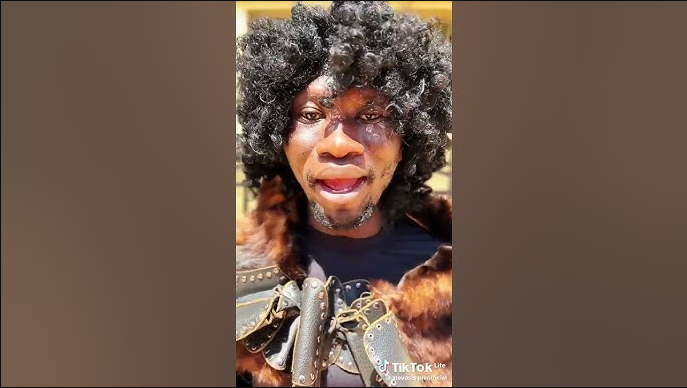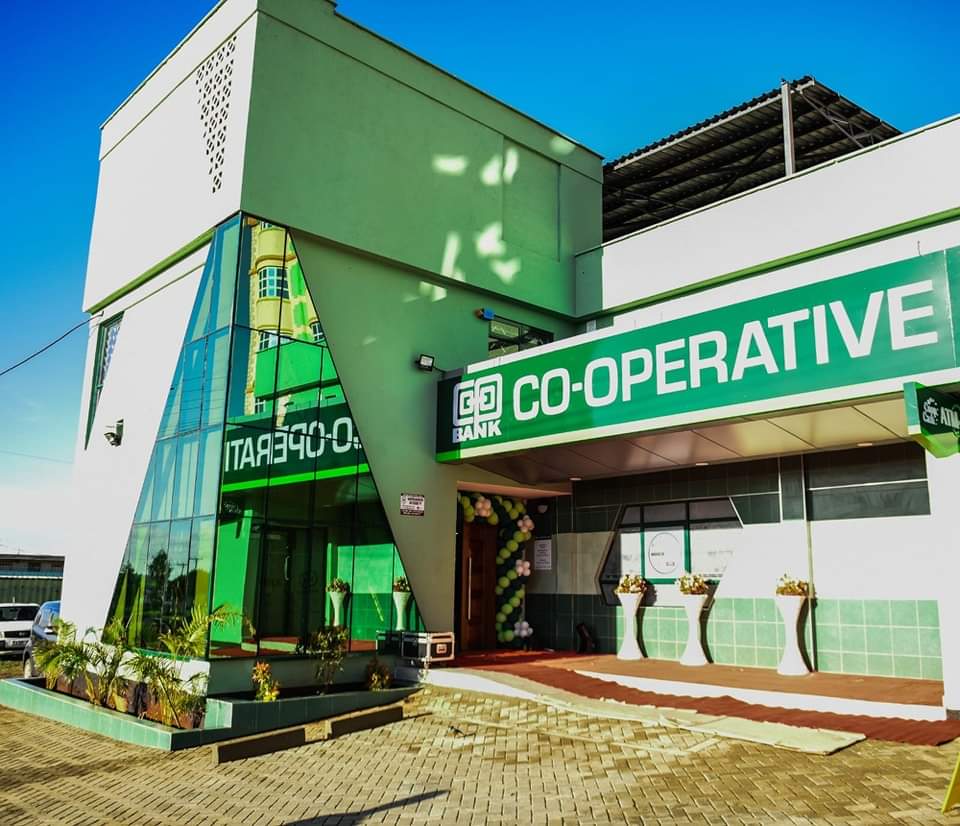Embracing the Evolution of Language: A Case for Sheng
Image: Madocho Wa KanairoLanguage is a living, breathing entity, ever-evolving to reflect the changing cultural, social, and technological landscapes.One of the most dynamic aspects of this evolution is the emergence and adoption of slang. While some may view slang as a degradation of the language, it is essential to recognize its value as a vital tool for communication and cultural expression.
Slang often arises from specific social groups or subcultures. It serves as a shorthand for shared experiences, values, and humor, fostering a sense of belonging and identity. For example, the slang term “lit” has become widely used to describe something exciting or intense. This term, originating from the hip-hop community, has been incorporated into mainstream language, reflecting the growing influence of popular culture.
Furthermore, slang can be a powerful tool for social commentary and resistance. It allows marginalized groups to articulate their experiences, challenges, and aspirations in a language that is uniquely theirs. By co-opting and redefining existing terms, these groups can reclaim power and challenge dominant narratives.
Critics of slang often argue that it leads to a decline in language standards and literacy. However, research has shown that the use of slang does not necessarily correlate with poor language skills. In fact, many people who are adept at using slang also possess a strong command of standard language. Slang can be seen as a creative extension of language, rather than a replacement.
It is important to acknowledge that the evolution of language is a natural process. Attempting to suppress slang or impose rigid language standards is futile and counterproductive. Instead, we should embrace the diversity and dynamism of language, recognizing that slang is a valuable tool for communication and cultural expression. By doing so, we can foster a more inclusive and vibrant linguistic landscape.








